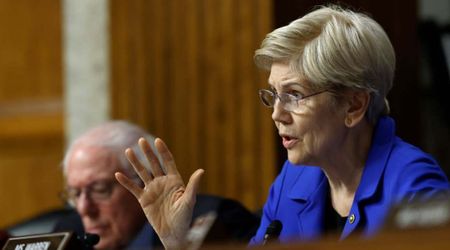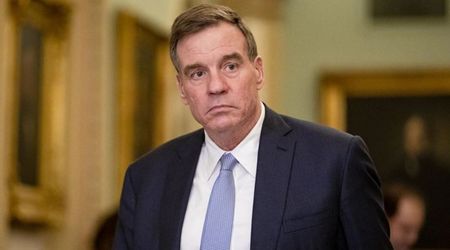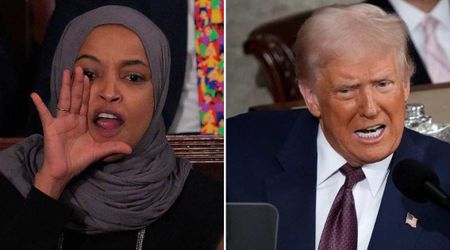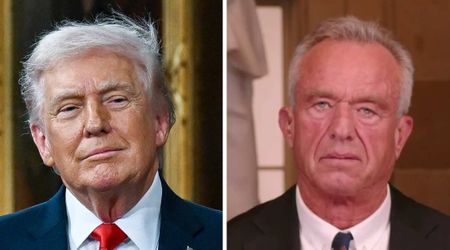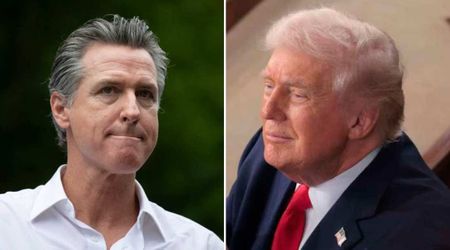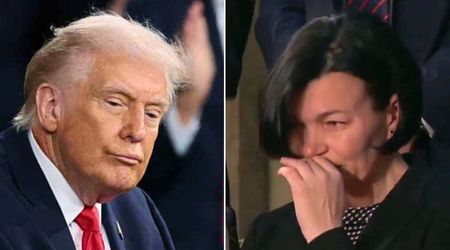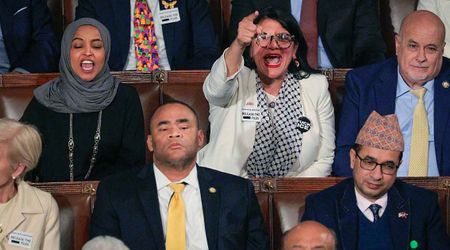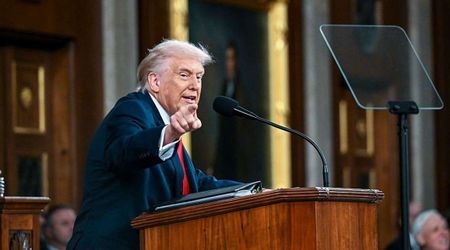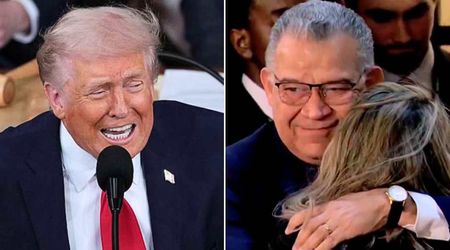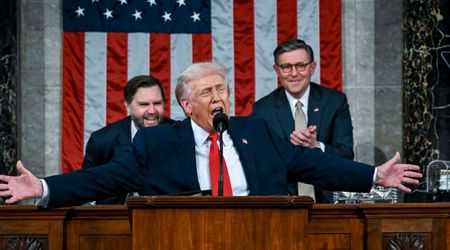Fact Check: Did Trump threaten to stop federal funding for colleges over 'illegal protests'?

WASHINGTON, DC: President Donald Trump posted a message on Truth Social on March 4, 2025, stating that federal funding would stop for any college, school, or university that allowed "illegal protests."
This claim quickly spread across social media, sparking discussions and raising questions about what he meant by "illegal protests" and whether any official measures were being taken. Below, we break down the facts surrounding this statement.
Donald Trump threatens to cut federal funding for schools allowing 'illegal protests'
On March 4, 2025, Trump posted the following message on Truth Social: "All Federal Funding will STOP for any College, School, or University that allows illegal protests. Agitators will be imprisoned/or permanently sent back to the country from which they came."
It further reads, "American students will be permanently expelled or, depending on on [sic] the crime, arrested. NO MASKS! Thank you for your attention to this matter."
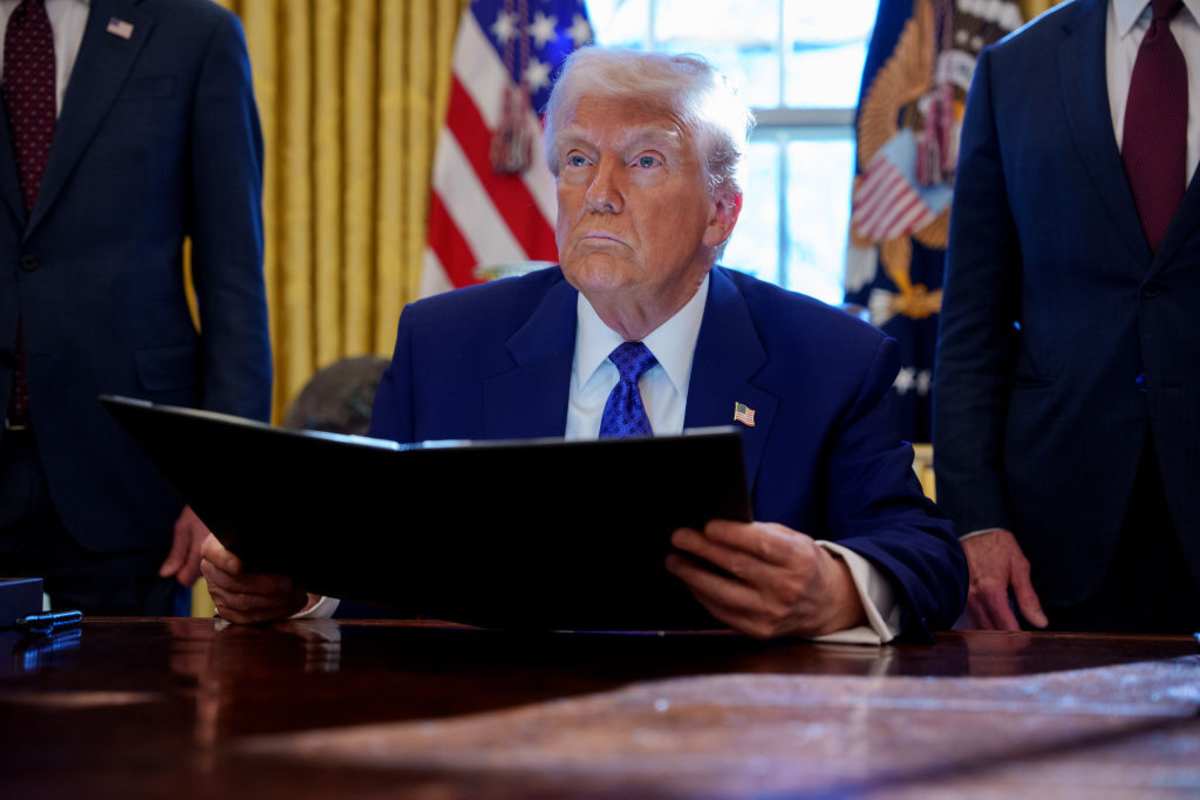
This post quickly gained attention, with social media users sharing an image of it across X, Reddit, Bluesky, Threads, and Instagram. The post's authenticity was confirmed, as it was made by President Trump on his official Truth Social account.
Donald Trump's statement on 'illegal protests' is unclear
One of the key issues with Trump's statement is the lack of clarification on what "illegal protests" actually mean. The First Amendment of the US Constitution guarantees the right to peacefully assemble, but it does not protect unlawful conduct, Snopes reported.
Protests are generally legal if they do not disrupt public order or violate other laws. As noted by the American Civil Liberties Union (ACLU), there are certain legal boundaries in place for protests.
While people have the right to protest on public property, they cannot block access to sidewalks, and buildings, or disrupt counter-protests. Protests that engage in unlawful actions like blocking traffic or creating violent disturbances could be considered illegal.

However, what constitutes an "illegal protest" under Trump’s definition remains unclear.
As of early March 2025, there has been no official policy change announced by the federal government regarding how post-secondary institutions receive federal funding based on their handling of protests.
There has been no formal executive action or congressional proposal addressing this issue.
This raises questions about the practical implications of Trump's statement. While it was made publicly, it does not appear to be backed by concrete policy changes or new laws.
There is no current mechanism in place that would cut federal funding for universities based on their protest policies, at least not in the form described by Trump.
First Amendment protects free speech but disruptive protests may face legal consequences
The First Amendment protects individuals' rights to free speech, including the right to protest. However, this right is not absolute and does not cover all forms of protest. For example, civil disobedience, which often involves breaking the law to protest a policy or action, is not constitutionally protected.

Cornell Law Review notes that while public protests are generally protected, the legal protection for protests that disrupt public order is more complicated. For example, participants in protests that block access to public spaces or buildings, or disrupt counter-protests, could face legal consequences.
Donald Trump's statement on cutting funding for 'illegal protests' lacks formal policy or action
At this point, the threat to cut federal funding for universities that permit "illegal protests" appears to be an isolated statement rather than a formal policy initiative. No actions have been taken by the federal government to implement such a measure.
The potential impact on universities is unclear. While Trump’s post may have triggered concern among some, universities are currently operating under the protections of the First Amendment.
Furthermore, any new policy regarding federal funding and protests would require legislative action or formal executive orders, neither of which have been announced.

